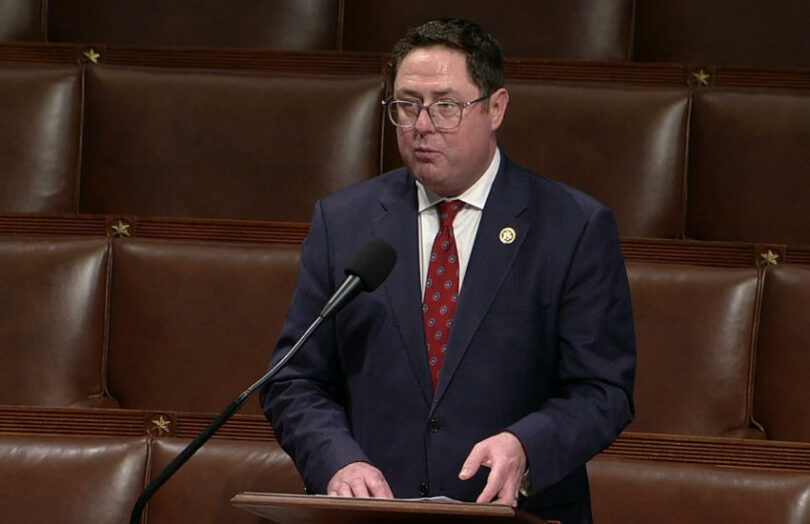Twenty-one Democrats joined hands with Republicans to vote in favor of a bill seeking to overturn the Securities and Exchange Commission bulletin on cryptocurrency custodian accounting. The SEC’s bulletin required all firms to list digital assets held by customers as liabilities.
Obviously, the regulations by the Securities and Exchange Commission weren’t received well by financial institutions and key opinion leaders who are rooting for the mass adoption of cryptocurrencies. The Commission’s bulletin has since resulted in conversations about the burdens of crypto regulation on its growth, leading to yesterday’s bill in the House of Representatives.
The rule, issued in 2022, forced financial institutions to list customer cryptocurrency holdings as liabilities. The house appeared relatively divided on the issue, with a majority, including The Chair of the House Financial Services Committee, Patrick Henry, criticizing the Securities and Exchange Commission’s chokehold on the cryptocurrency industry. On the flip side, other representatives demanded stringent laws, promoting transparency within the industry at large.
The SEC Crypto Custody Rule
The Staff Accounting Bulletin 121 by the SEC has received negative feedback from crypto shops and financial institutions, and now, the US president, who discouraged Democrats from passing the bill, stated that he would Veto it if at all it reached his desk.
The SEC’s memo (SAB) 121, released in 2022, compels all custodians of cryptocurrencies and other digital assets to show them in their accounting books as a Liability. Listing digital assets as a liability on balance sheets has been heavily criticized, with many claiming it’d stop financial institutions from supporting cryptocurrency businesses by imposing extremely high capital requirements.
Banks and other financial institutions feel crippled by the SEC’s continued advancement of this custody rule. A group of Banks have also expressed their concerns directly to Gary Gensler, the SEC chair, citing the inability of banks to serve as custodians for ETPs that have already witnessed billions of dollars in inflows since their approvals.
Some have claimed the (SAB) 121 was created unlawfully, and the SEC does not have the capacity to enforce it without going through the right channels. In this repeal, the resolution has already passed the House of Representatives and is pending approval from the Senate before it makes its way to the President, who says he’ll veto the bill if it gets to his desk.





